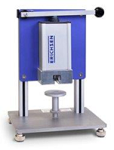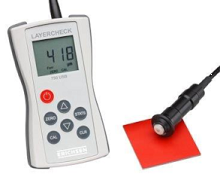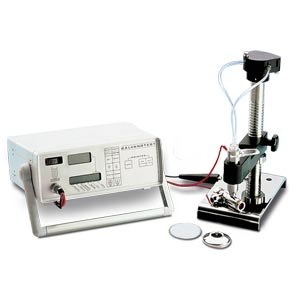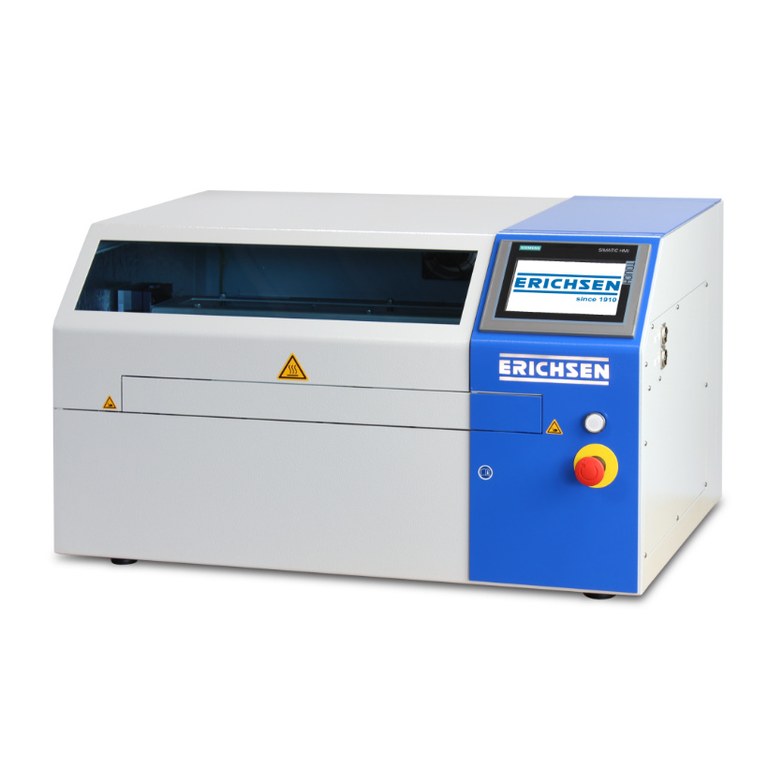The Model 432 Smart II Gradient oven is used to evaluate the baking and drying behavior of paint and powder coatings, resins, plastics, and similar materials. It can simulate a production process by programming the warm-up rate, burn-in temperature, and time intervals. It allows predictions of how a particular paint reacts to a particular material at different temperatures. The excellent repeatability of the measurements allows a remarkably accurate determination of the actual limit values. Coatings can be tested up to a temperature of 320 °C. If the lacquers are applied with a double doctor blade, two different lacquers can be tested simultaneously on one test sheet.
Purpose and application: Acid rain, bird droppings, fuel, antifreeze and many other environmental factors can damage automotive finishes. Especially in summertime, some substances can be very aggressive
and cause severe damage. Therefore, automotive paint manufacturers as well as auto makers need to find out how different environmental phenomena will interact with a coating system.
For the development of stove enamel systems as well as for their quality testing it is of great importance to assess the temperature range and the max. temperature limit, respectively, where the components of the lacquer formulations (and thus also potentially the properties and the quality of the whole thing) begin to change. The well-known main example for this are the yellowing of binding agents as well as the change in color of pigments
Concerning the subject of baked coatings within industrial production conditions, the accurate control of the corresponding processes is of crucial importance to achieve and continuously maintain/ guarantee the specified qualitative characteristics of the coating. Due to different reasons, the actually existing conditions do not always correspond exactly to the preset process run which in the “worst case“ may cause severely high non-conformity costs.
The Gradient-oven 432 Smart offers the possibility of a needs-based optimizing of the process for the product in question.
The „actual condition“ in the stove enameling production line, beforehand determined by means of an oven temperature recorder, can be simulated at the best via a requirement-orientated setting of an appropriate gradient and thus allows a nearly perfect 1:1 simulation of the respective stoving condition, however on the desired laboratory scale saving time and expenses.









